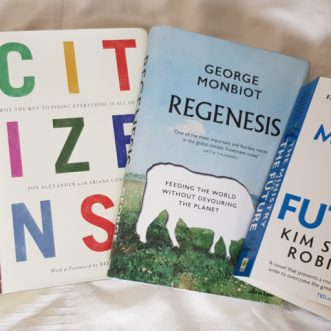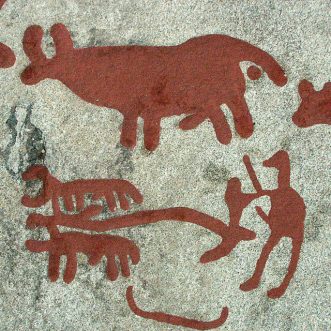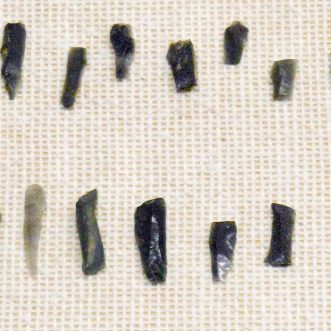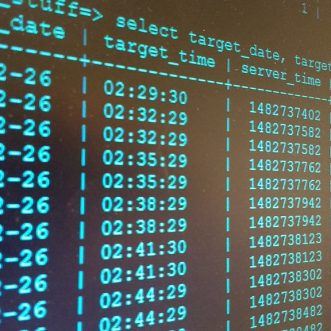I’m sharing this from Seth Godin today, in full.
It’s what I needed this morning.
And I thought perhaps you need it too.
Thank you Seth.
Slowly then all at once
For people who aren’t paying attention or actively involved, it can seem like cultural change is sudden. One big shift after another.
In fact, cultural change always happens relatively slowly. Person by person, conversation by conversation. Expectations are established, roles are defined, systems are built.
From the foundation
The people in the news and at the podium get all the attention, but they’re a symptom, not usually a cause. Everyday people aren’t the bottom, they are the roots, the foundation, the source of culture itself. We are the culture, and we change it or are changed by it.
From peer to peer
Change happens horizontally. What do we expect from others? What do we talk about? Who do we emulate or follow or support? What becomes the regular kind?
People like us do things like this.
Day by day, week by week, year by year.
Going to the protest of the day, performing acts of slacktivism, hopping from urgency to emergency–this is how people who day trade in our culture are whipsawed. But the people who are consistently and actively changing the culture are not easily distracted. One more small action, one more conversation, one more standard established.
The internet would like us to focus on what happened five minutes ago. The culture understands that what happens in five years is what matters.
Focused, persistent community action is how systems change. And systems concretize and enforce cultural norms.
If you care, keep talking. Keep acting. Stay focused. And don’t get bored.
Discipline makes Daring possible.









